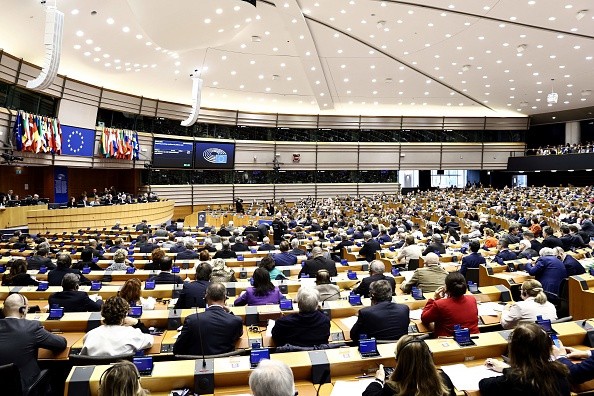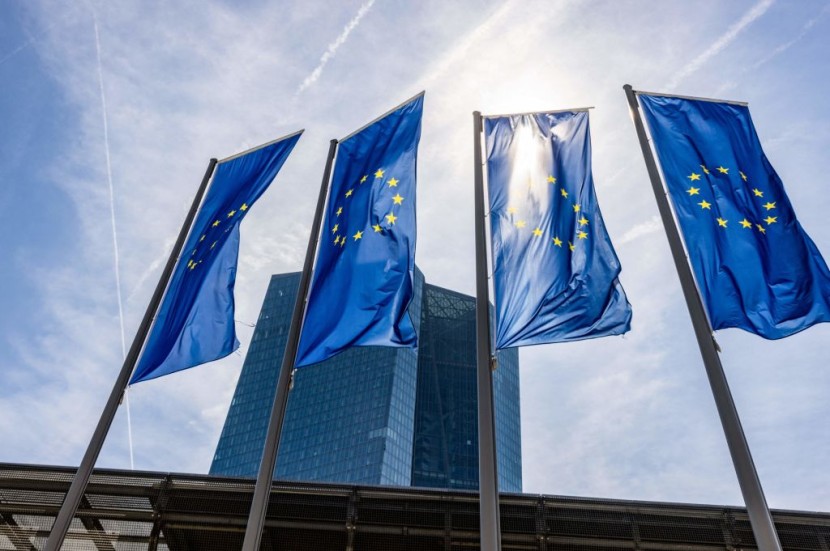European Union (EU) lawmakers passed the world's first comprehensive law regulating artificial intelligence (AI), aptly called the EU AI Act.
The European Parliament has approved the draft of the proposed legislation, which bans police use of live facial recognition technology outdoors to surveillance the public.
EU AI Regulation

According to CNBC, the emerging technology of AI now powers advanced generative tools, such as ChatGPT, enabling users to create content instantly. The power of groundbreaking technology allows users to create music lyrics, research, and even produce photos or videos.
However, some of the grave concerns of critics and AI experts alike include the spread of misinformation and bias. Some are wary of potential job displacement. Others go as far as worrying about the collapse of humanity. And as such, the EU is working to craft laws regulating the powerful technology.
As per The Guardian, the main legislative branch, the European Parliament, approved measures that seek to regulate or govern the AI industry as tech behemoths dip their toes in the developing technology, which allows users to create content by merely using prompts.
It places stringent requirements on AI developers and users to ensure compliance with various ethical considerations. These include transparency, accountability, data protection, and the prevention of AI-driven discrimination.
European internal market commissioner Thierry Breton stresses, "AI raises a lot of questions socially, ethically, economically." But he notes that "now is not the time to hit any 'pause button.'" Instead, he believes, "It is about acting fast and taking responsibility."
On Wednesday, June 14, the Parliament approved the EU AI Act, which garnered 499 votes in favor of the regulation. A total of 28 legislators voted against the rule, while it received 93 abstain votes.
EU AI Act: How Does it Impact Tech Giants?

With the new EU AI Act, viral generative AI tools must deal with transparency requirements, Straits Times reports. Tech firms now have to summarize the copyrighted materials they used to train the technology. While tech developers find the rule technically infeasible, the publishing industry applauded the measure.
CNBC notes that the new rules heavily impact tech giants like the Microsoft-backed Open AI and Google as both offer generative AI tools, such as ChatGPT and Bard, respectively.
With the recent approval of the EU AI Act in Parliament, the EU is now a step closer to kicking off the regulation of emerging AI tech.
Related Article : Europe Takes on Disinformation with New AI Labeling Initiative, Online Platforms Must Identify AI-Generated Content
© 2025 HNGN, All rights reserved. Do not reproduce without permission.








